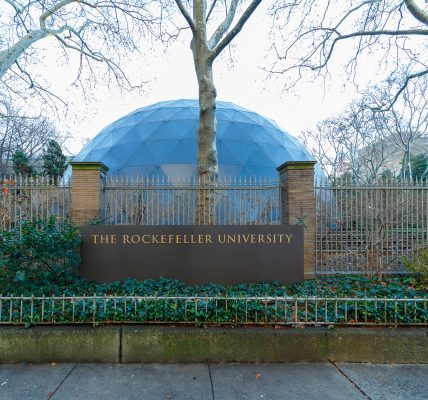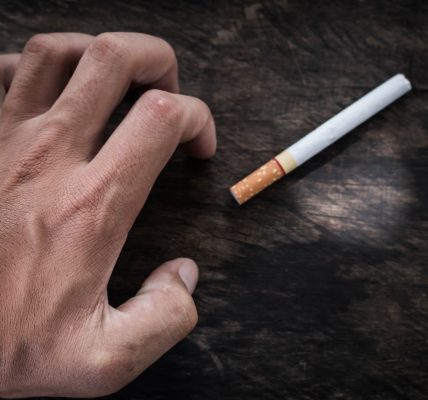Akrasia and a New Approach to Addiction Recovery

For the next few posts, I’ll be writing about the book, A New Approach to Addiction and Choice by Reinout W. Wiers. Dr. Wiers is the head of the Addiction Development and Psychopathology Lab at the University of Amsterdam, and co-director of the university’s Centre for Urban Mental Health.
Subtitled, “Akrasia and the Nature of Free Will,” the primary goal of Dr. Wiers’ book seems to be to demonstrate that free will is not destroyed by addiction. In doing so, he takes on a lot of accepted theories for addiction and finds them wanting. For example:
- The Moral Model of Addiction — which implies that addiction is a moral failing with a spiritual solution
- The Brain Disease Model of Addiction — which implies that addiction destroys the brain and turns the addict into a zombie
- The Genetic Model of Addiction — which implies the tendency for addiction is inherited and not under one’s control
- The Behavioral Model of Addiction — which implies addiction is rooted in psychological distress which must be resolved in order to recover
Dr. Wiers’ own theory is one of “biased or compromised choice,” which explicitly denies that free will is given up to addiction, and yet also finds solutions other than abstinence or spiritual awakening that work to improve the lives of addicts. To quote,
For the vast majority of people with addiction problems, addiction limits, rather than obliterates, freedom of choice (which is always constrained to some extent). And it is an important question to what extent it can grow again after successful abstinence.
Dr. Wiers began his studies fixated on the relationship between the brain and the mind, eventually switching from biochemistry to psychology under the influence of his mentor, Dutch psychologist Nico Frijda. Dr. Frijda was a pioneer in the study of emotions. He also examined the concept of constrained choice when people are confronted with difficult decisions. Frijda and his colleagues introduced “the first coherent theory […] of impulsiveness”:
In a complex situation, impulsive action blindly follows one emotional concern, disregarding others. Impulsiveness may be overcome by considering other concerns as well, which would lead to other modes of action readiness.
You can see the application of this theory in the weight loss app, BrainWeighve, currently recruiting for a trial at UCLA. The desire to eat can suddenly overwhelm other emotions, including the desire to refrain from eating. BrainWeighve seeks to break into that moment with “other modes of action readiness”: a self-defined list of action alternatives made in advance for this situation.
Robert Pretlow, a childhood obesity expert, designer of the BrainWeighve app and publisher of AddictionNews, says the conflicting emotions result in stress that is resolved through displacement. The stress is discharged by giving into the impulse. In addiction, giving in becomes the habitual way to discharge stress, often with personally disastrous results. BrainWeighve attempts to substitute harmless reactions to impulses while slowly removing problem foods from the diet.
Dr. Wiers did his Ph.D. research on “risk factors for addiction in children of alcoholics.” After substantial research, he finds that “most people who meet criteria for an alcohol abuse disorder at some point in their lives reduce or stop without formal help.” His new book contains a fascinating chapter on resilience and, “What we can learn from people who develop in a healthy way, despite adversities.” I look forward to bringing you a summary of that chapter in the coming days.
Written by Steve O’Keefe. First published August 28, 2024.
Sources:
A New Approach to Addiction and Choice: Akrasia and the Nature of Free Will, by Reinout W. Wiers, to be published by Routledge in 2025.
“Addiction: Biased Choice Not a Chronic Brain Disease, Research Suggests,” Taylor & Francis Newsroom, June 30, 2024.
“The legacy of Nico H. Frijda (1927–2015),” Cognition and Emotion, March 2016.
Image courtesy: Routledge, used under Fair Use: Commentary.




